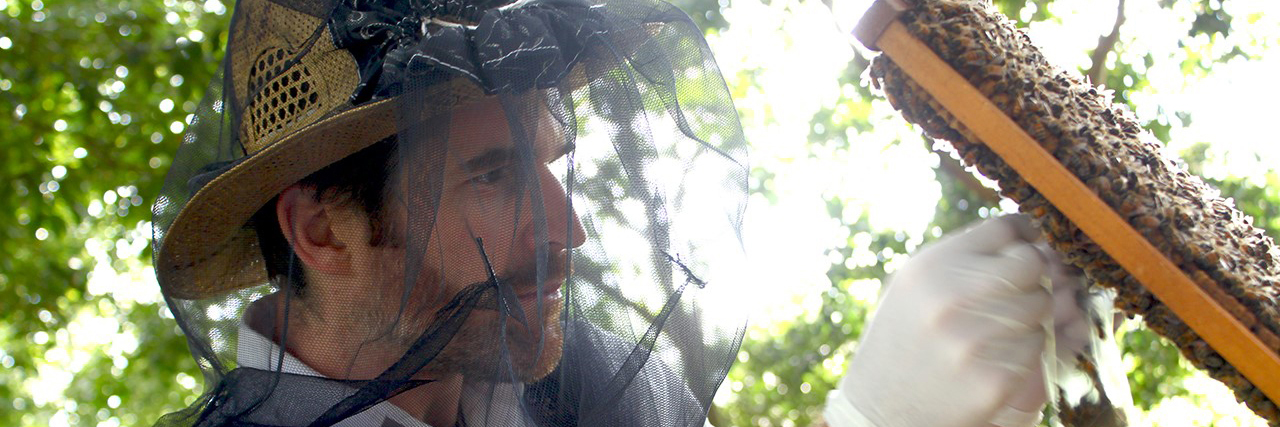

Geoffrey R. Williams
Associate Professor & Graduate Program Officer (Bee Health & Management)
Entomology & Plant Pathology
(334) 844-5068
grw0010@auburn.edu
Get In Touch
Address:
301 Funchess Hall
Auburn Univ, AL 36849
Biography
EDUCATION
- 2013 – Ph.D. in Biology, Dalhousie University, Halifax, Canada
- 2005 – B.Sc. (Honours) in Animal Biology, University of Alberta, Edmonton, Canada
PROFESSIONAL EXPERIENCE
- 2022-Present – Associate Professor, Auburn University, Auburn, United States
- 2016-2022 – Assistant Professor, Auburn University, Auburn, United States
- 2014-2016 – Senior Research Associate, University of Bern, Bern, Switzerland
- 2013-2014 – Research Associate, University of Bern, Bern, Switzerland
- 2011-2012 – Post-doctoral Research Scientist, Swiss Confederation, Bern, Switzerland
PROFESSIONAL AFFILIATIONS
- American Association of Professional Apiculturists
- Canadian Association of Professional Apiculturists
- COLOSS Honey Bee Research Association
NOTABLE SERVICE
- Coloss – Vice President
- Bee Informed Partnership
- Scientific Reports – Editorial Board Member
Research
RESEARCH INTERESTS
Pollinator health | Eco-toxicology | Parasitology | Integrated Pest Management | Conservation ecology
Current efforts directed towards understanding and improving the health of insect pollinators in Alabama and abroad, with a focus on exotic parasites and anthropogenic land-use.
Courses
- ENTM 6500 – BEE BIOLOGY AND MANAGEMENT (3) LEC. 2. LAB. 2. Biology and management of bees, with an emphasis on honey bees and beekeeping.
Publications
Please visit my Google Scholar page.
